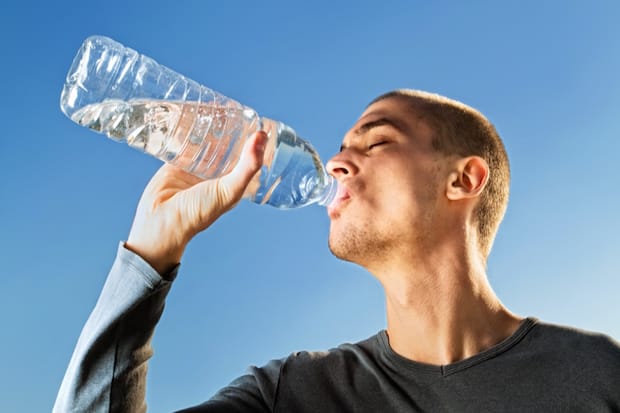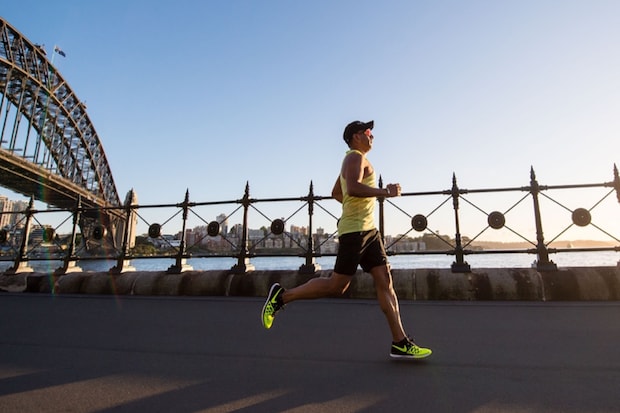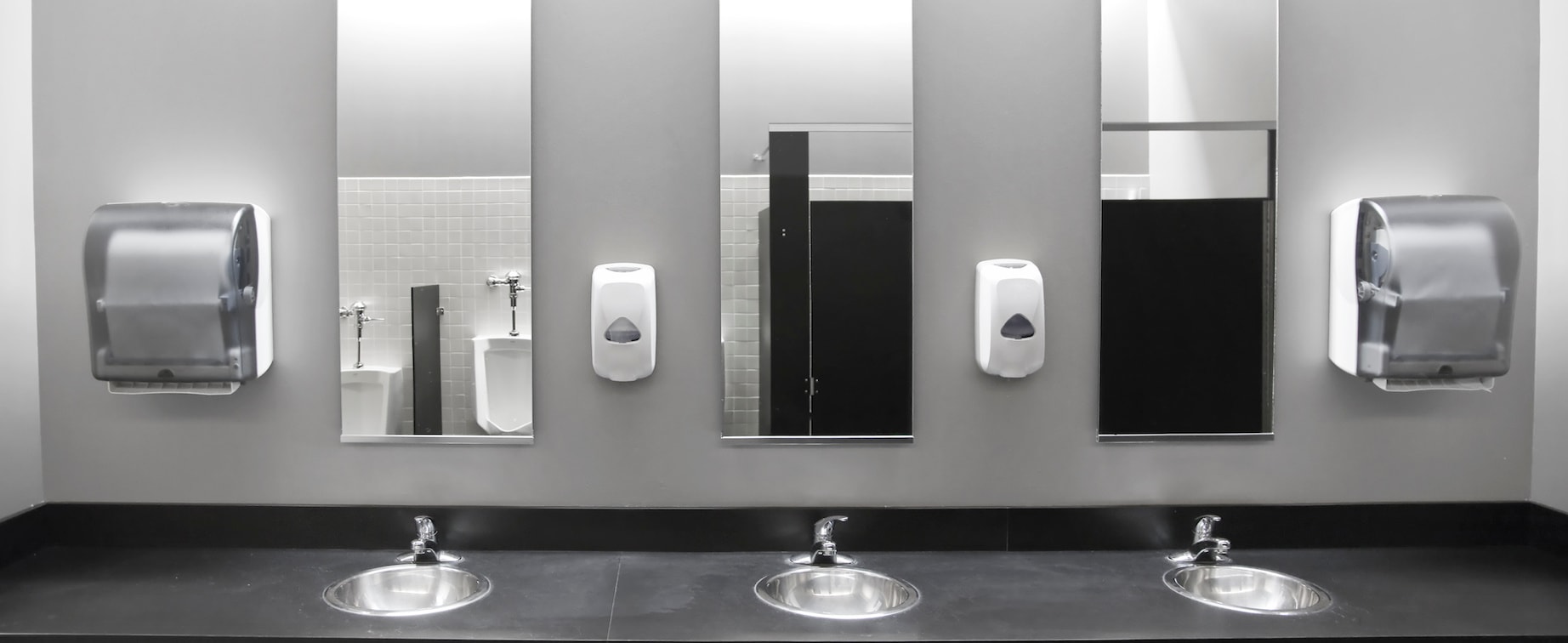Table of Contents
I. The Importance of Bladder Health
a. Bladder Infections and UTIs
III. Limiting Unhealthy Habits
b. Relaxing and Fully Emptying the Bladder
VI. Treating Bladder Infections
The Importance of Bladder Health
The bladder’s main job is to help us hold urine until it is time to urinate. [1] An average adult bladder can hold 400 to 600mL. Layers of muscle tissue line the bladder and help to control the frequency of urination. [2] A person with a healthy bladder urinates four to eight times a day; needing to urinate too many times can negatively impact quality of life. Not urinating enough can lead to bladder problems like urinary tract infections (UTIs).
UTIs that are caught early can be easily treated with antibiotics like Macrodantin (nitrofurantoin macrocrystal), Macrobid (nitrofurantoin), Monurol (fosfomycin), or Keflex (cephalexin). [3] Uncontrollable urges to urinate or urine leakages can take the fun out of everyday activities like shopping, road trips, or jogging. A healthy bladder is essential for fully engaging in life. [1]
A healthy bladder is important for other reasons, too. Together with your kidneys, they produce blood pressure-regulating hormones, keep your electrolyte levels stable, keep your bones strong, and produce red blood cells. [4]
Drinking Enough Water
Drinking enough water is one of the best ways to keep your bladder healthy. Water is better for your bladder than any other fluid and should make up at least half of your fluid intake. Most healthy people should aim to drink six to eight 8oz cups of fluids a day. People with kidney failure or heart disease may need to drink less. If in doubt, ask your doctor how much water you should drink. [5]
Bladder infections are very common in women. [6] They are more common in women than in men because the female urethra is shorter and more easily contaminated with pathogens from the vagina and rectum. [7] A recent study shows that women who drink more water are half as likely to experience a bladder infection. [8] The kidneys play an essential part in the urinary system. [9] Overworking your kidneys may hurt your bladder. Damaged kidney filters can lead to an urge to urinate frequently. [10] Limiting alcohol and caffeine may help in maintaining a healthy bladder and kidneys. Smoking irritates the bladder, as well as many other processes in the body. If you have interstitial cystitis (IC), smoking can make symptoms worse. Smoking may also lead to leaking urine and frequent urination. Coughing spasms brought on by smoking can directly trigger urine leakage. [11] Taking steps to quit smoking may improve bladder health. [5] Regular physical activity and a fiber-rich diet may help prevent bladder issues by reducing constipation. If you find that sudden sneezes, coughs, or laughs trigger urine leakage, daily pelvic floor exercises can help strengthen the muscles around your bladder. [5] Using the bathroom and urinating as often as needed will ensure that the bladder isn’t constantly under stress. Holding urine too long can weaken your bladder muscles and increase your chances of a bladder infection. A healthy bladder should be relieved once every three to four hours. [5] The muscles around the bladder should be relaxed when urinating. This might seem like common sense, but hovering over a toilet seat can often make your muscles tense up; it is recommended that women sit on the toilet seat when urinating to be as relaxed as possible. Relaxing the muscles around the bladder also has the benefit of making it easier to fully empty the bladder. Urine that isn’t fully emptied can lead to a higher chance of bladder infections. [5] The correct wiping technique after using the toilet can help prevent UTIs. Wiping from front to back, especially after a bowel movement, can keep bacteria from entering the urethra. [5] Bacteria can get into the urethra during sex and travel to your bladder. This is not a guaranteed way of preventing bladder infections, but urinating after sex can flush away some bacteria so that the urethra remains relatively cleaner. [12] By living a healthy lifestyle, you lower your chances of getting a bladder infection. These steps can help keep the bladder healthy, but they are not foolproof. If you feel any discomfort in your bladder (like urine leakage or pain), you may have a bladder infection. If that is the case, your doctor may start you on antibiotics like Macrodantin (nitrofurantoin macrocrystal), Macrobid (nitrofurantoin), Monurol (fosfomycin), or Keflex (cephalexin). If you suspect your lifestyle is reducing your bladder functions, talk to your doctor to find the best solution for you. The importance of a healthy bladder is often overlooked. The reality is that our ability to function is greatly hindered when urinating becomes an issue. Start looking after your bladder today. Your future self will thank you. The content in this article is intended for informational purposes only. This website does not provide medical advice. In all circumstances, you should always seek the advice of your physician and/or other qualified health professionals(s) for drug, medical condition, or treatment advice. The content provided on this website is not a substitute for professional medical advice, diagnosis, or treatment.
a. Bladder Infections and UTIs
Limiting Unhealthy Habits
a. Alcohol and Caffeine
b. The Impact of Smoking

Exercise and Diet
Proper Urinating Practices
a. Answering Nature’s Call
b. Relaxing and Fully Emptying the Bladder

c. Wiping Direction
d. Urinating After Sex
Treating Bladder Infections
